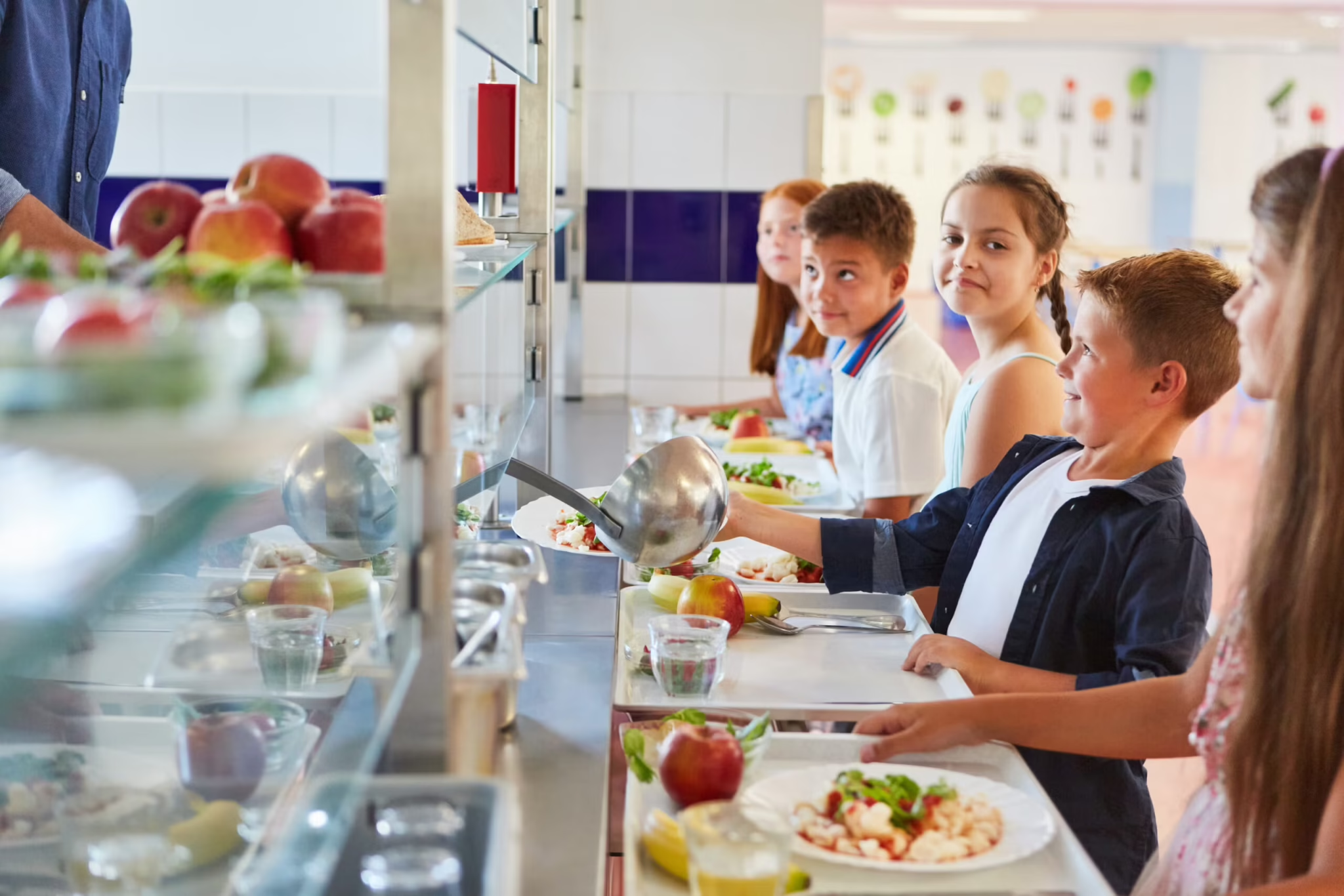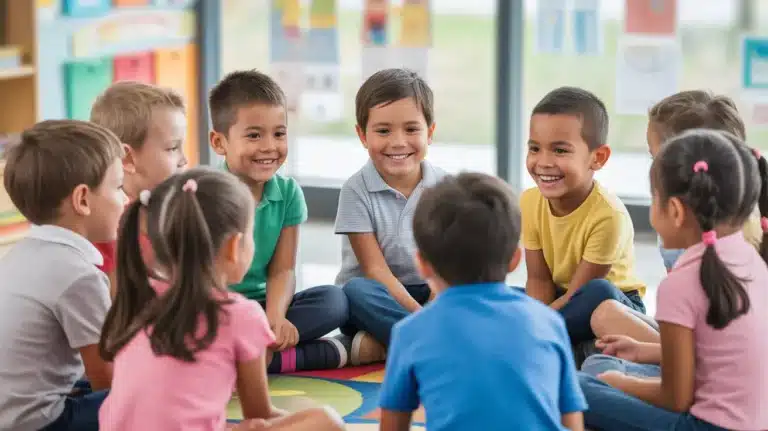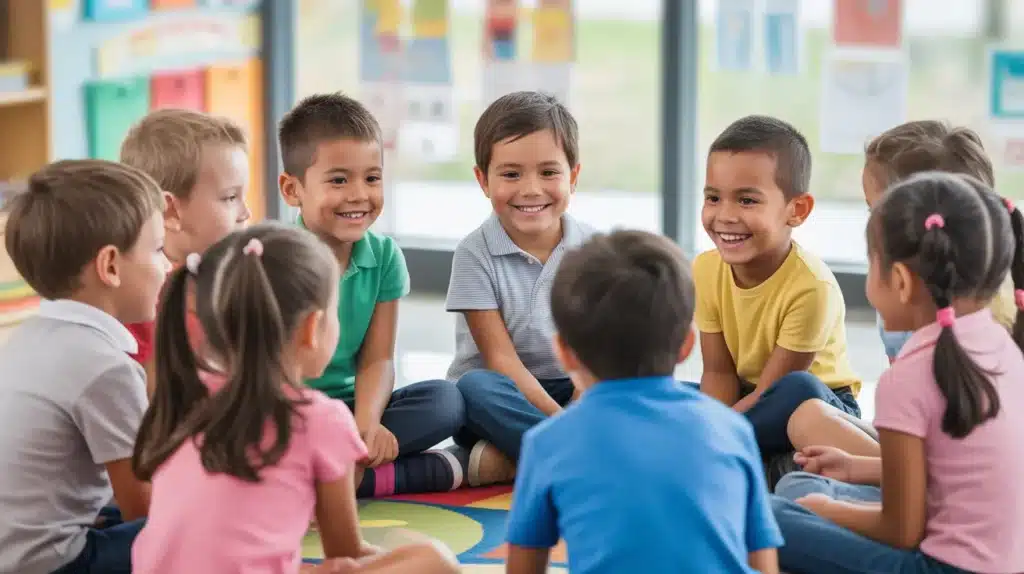The use of kid learning games free in the classroom is not a novel approach. Gamification of learning is a tried-and-true approach to education. Since ancient times, educators have used games as a teaching tool. Learning becomes more dynamic, interesting, and individualized for students when games are incorporated into the classroom.
Therefore, incorporating educational games into the classroom helps students by encouraging teamwork, strengthening their critical-thinking and problem-solving abilities, and inspiring them to learn more.
The Role of Learning Games in Cognitive and Social Growth
Play is a remarkable means of fostering cognitive development. It provides a rich environment for the development of young brains. Playful activities foster children’s creativity, critical thinking, and problem-solving abilities, according to a wealth of research.
Children’s cognitive talents are developed as a result of being challenged to traverse difficult situations, generate strategies, and adapt to changing circumstances through imaginative play scenarios, puzzles, and games.
Play promotes investigation and learning. Children have firsthand experiences from it that aid in their understanding of the world. Children actively engage their minds in the process of learning through play, whether it is through creating intricate buildings out of building blocks, going on imaginary adventures in pretend play, or experimenting with cause-and-effect relationships.
Benefits of Food-Themed Academies in Early Development

There are various advantages to using learning Bini Games funny food academy in the classroom. It makes learning memorable, to start. Information memory increases when pupils relate numbers and facts to something concrete, like food. Second, these games encourage a collaborative learning atmosphere. Students collaborate in groups, exchange ideas, and encourage one another’s education.
If instructors want to use this approach, start simply by adding basic food-related questions to already-existing review games. More challenging activities that use real food samples or cooking demos can be added gradually as you and your students get more at ease.
To ensure that every student may engage in a safe and comfortable manner, it’s also critical to be aware of dietary requirements and food allergies.
Conclusion
An amazing change has occurred with the introduction of digital learning games into the classroom. It’s about changing the way we teach, not just staying up to date with technology. Science and math are brought to life through digital games in a way that appeals to today’s youngsters.
They are not just enjoyable; they are an effective means of fostering inclusive and interesting learning environments. This method is paving the way for a time when education is not only efficient but also really interesting for each and every learner.
















